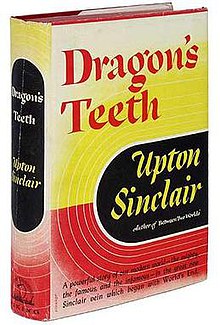
George Gershwin was an American composer and pianist whose compositions spanned popular, jazz and classical genres. Among his best-known works are the orchestral compositions Rhapsody in Blue (1924) and An American in Paris (1928), the songs "Swanee" (1919) and "Fascinating Rhythm" (1924), the jazz standards "Embraceable You" (1928) and "I Got Rhythm" (1930), and the opera Porgy and Bess (1935), which included the hit "Summertime".
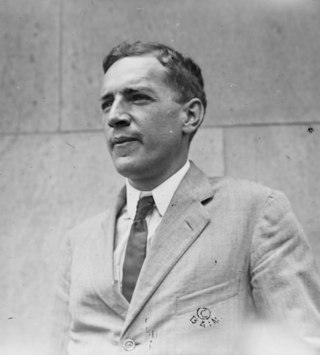
Upton Beall Sinclair Jr. was an American author, muckraker, and political activist, and the 1934 Democratic Party nominee for governor of California. He wrote nearly 100 books and other works in several genres. Sinclair's work was well known and popular in the first half of the 20th century, and he won the Pulitzer Prize for Fiction in 1943.
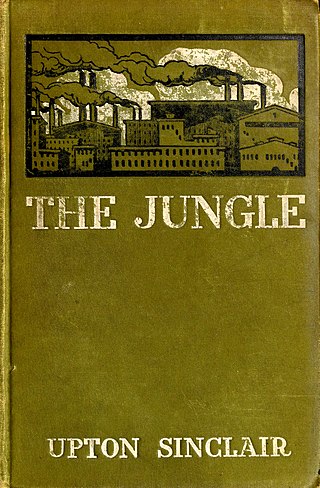
The Jungle is a novel by American muckraker author Upton Sinclair, known for his efforts to expose corruption in government and business in the early 20th century. In 1904, Sinclair spent seven weeks gathering information while working incognito in the meatpacking plants of the Chicago stockyards for the socialist newspaper Appeal to Reason, which published the novel in serial form in 1905. The novel was later published in book format by Doubleday in 1906.
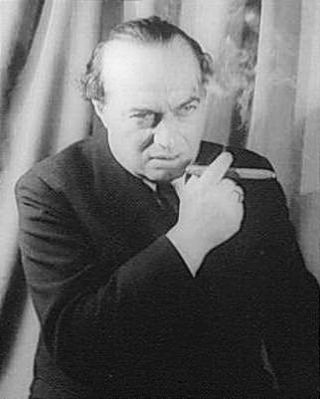
Franz Viktor Werfel was an Austrian-Bohemian novelist, playwright, and poet whose career spanned World War I, the Interwar period, and World War II. He is primarily known as the author of The Forty Days of Musa Dagh, a novel based on events that took place during the Armenian genocide of 1915, and The Song of Bernadette (1941), a novel about the life and visions of the French Catholic saint Bernadette Soubirous, which was made into a Hollywood film of the same name.
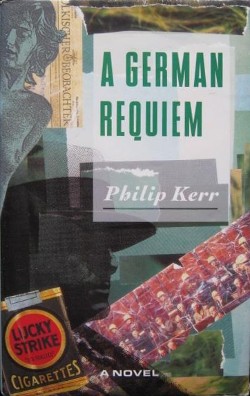
A German Requiem is a 1991 historical detective novel and the last in the Berlin Noir trilogy of Bernhard Gunther novels written by Philip Kerr.
Dragon's teeth or dragon's tooth may refer to:

White Teeth is British author Zadie Smith's debut novel, published in 2000. It focuses on the later lives of two wartime friends—the Bangladeshi Samad Iqbal and the Englishman Archie Jones—and their families in London. The novel centres on Britain's relationship with immigrants from the British Commonwealth.

World's End is the first novel of Upton Sinclair's Lanny Budd series. First published in 1940, after World War II had begun in Europe the previous year, the story covers the period from 1913 to 1919, before and after World War I.
The following are the Pulitzer Prizes for 1943.
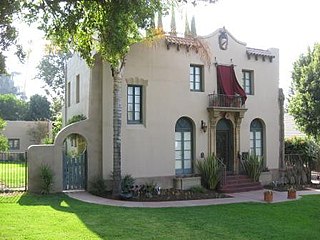
The Upton Sinclair House is an historic house at 464 N. Myrtle Avenue, Monrovia, California. Built in 1923, it was the home of American novelist Upton Sinclair (1878–1968) between 1942 and 1966, and is where he wrote many of his later works. It was listed on the National Register of Historic Places and was declared a National Historic Landmark in 1971. It is a private residence.
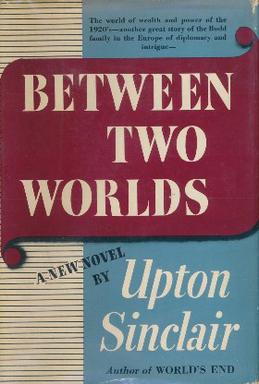
Between Two Worlds is the second novel in Upton Sinclair's Lanny Budd series. First published in 1941, the story covers the period from 1919 to 1929

Wide is the Gate is the fourth novel in Upton Sinclair's Lanny Budd series. First published in 1943, the story covers the period from 1934 to 1937.

Presidential Agent is the fifth novel in Upton Sinclair's Lanny Budd series. First published in 1944, the story covers the period from 1937 to 1938.

Dragon Harvest is the sixth novel in Upton Sinclair's Lanny Budd series. First published in 1945, the story covers the period from 1939 to 1940.
Thomas Werner Laurie (1866–1944) was a London publisher of books that were avant-garde in some cases, racy in others.
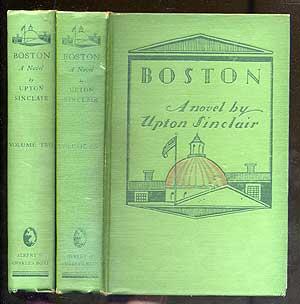
Boston is a novel by Upton Sinclair. It is a "documentary novel" that combines the facts of the case with journalistic depictions of actual participants and fictional characters and events. Sinclair mixed his fictional characters into the prosecution and execution of Sacco and Vanzetti.
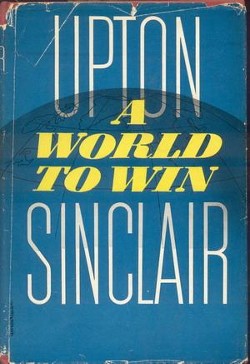
A World to Win is the seventh novel in Upton Sinclair's Lanny Budd series. First published in 1946, the story covers the period from 1940 to 1942.

Mary Craig Sinclair (1882–1961) was a writer and the wife of Upton Sinclair.
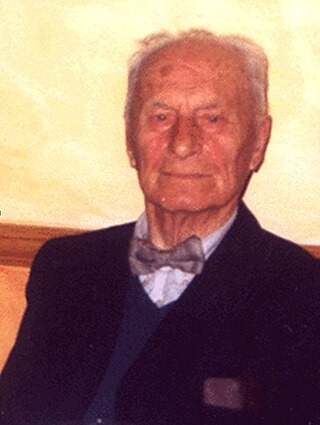
Grigory Aleksandrovich Tokaev also known as Grigory Tokaty; was a Soviet rocket scientist and politician. Eventually turned anti-communist, he defected to the United Kingdom and became a long-standing critic of Stalin's USSR.

Fruit in the Neighbour's Garden is a 1935 German comedy film directed by Erich Engels and starring Karl Valentin, Liesl Karlstadt and Adele Sandrock. It was shot at the Bavaria Studios in Munich with sets designed by the art directors Paul Markwitz and Heinrich Richter. Engels later remade the film in 1956.
